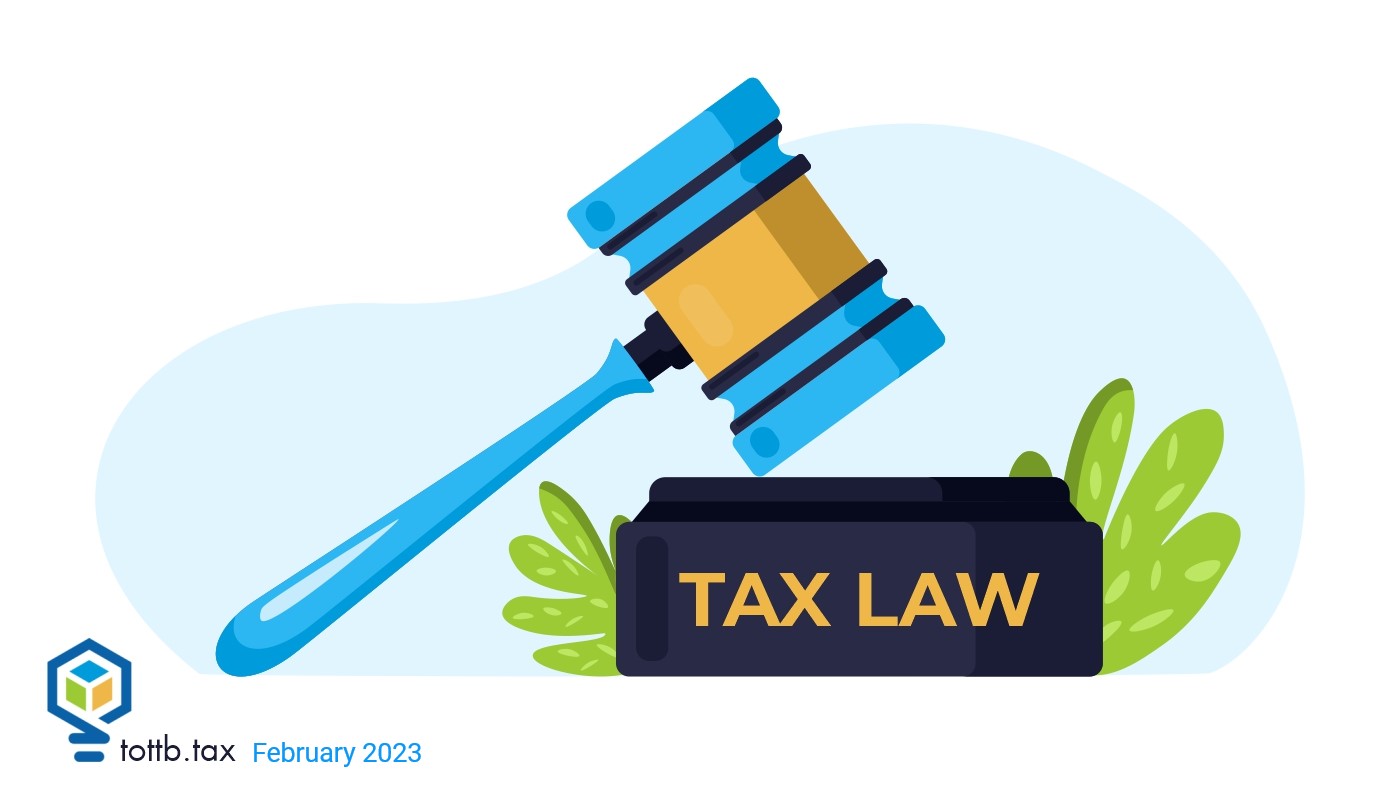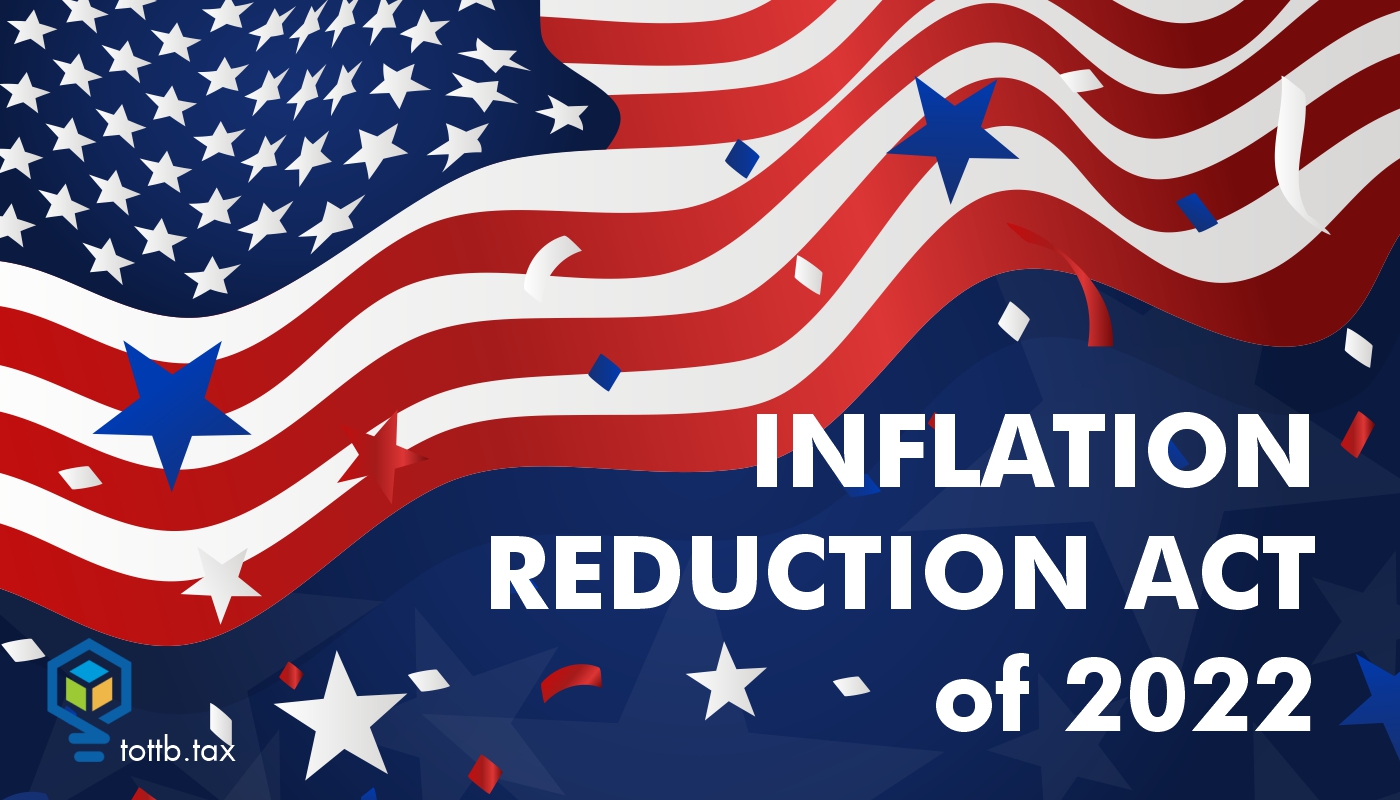CURRENT EDITION

Year-End Tax Planning Under the One Big Beautiful Bill Act (OBBBA)
The One Big Beautiful Bill Act (OBBBA), signed into law on July 4, 2025, doesn’t reinvent the tax code it refines it. Much like its predecessor, the Tax Cuts and Jobs Act (TCJA), it keeps many familiar provisions in play: lower rates, expanded SALT flexibility, and broader deductions. But here’s the real story: While most tax pros are busy memorizing what stayed the same, the planners who will win 2025 are the ones spotting what just became possible. OBBBA quietly opens a handful of powerful new planning windows — each one capable of delivering real, measurable savings for the right client. The key is knowing which changes are worth your time… and which are just political garnish. Below, we’ve curated the most strategic, high-impact moves to make before year-end 2025, the ones that separate the advisors who explain the law from those who leverage it. Most tax pros will stop at what changed. The smart ones will keep reading to learn how to use it.
READ MOREThe Family Business and Taxes Part One
What is one thing that most business owners have in common? Why did you start your business? Many business owners I have talked to over the past decade started their entrepreneurship journey for similar reasons. Think about your clients and what reasons they have given you and see if these ring true. “I want to be in control of my time.” “I need to spend more time with my family.” “I don’t want a cap on my earning potential.” I find those to be pretty noble reasons. I haven’t come across a business owner yet that says, “I want to pay more taxes for fun.”. So as an advisor how can we help our clients have freedom, time with family, and save on taxes? One strategy is to hire family members. It can’t be any family member though, remember there is a strategy to this. I know some of you are thinking, “that sounds great!”. Then others of you are thinking, “who wants to work with their family?”. Well trust me, when saving money is the topic of discussion more people tend to listen. The least you can do is present your clients with the facts, and here they are: • The taxpayer can avoid paying certain payroll taxes by hiring a family member. • You can help them potentially drop a tax bracket while keeping the spending power in the family. • Protecting a spouse from tax debt. • Lower Federal student loan payments. To do this we have to make sure the client hires their family as employees. This whole strategy goes down the drain if the family member is a contractor that receives a 1099. Today we will focus on how to properly implement the game plan when hiring a parent or spouse.
Read MoreTAX COURT ROUNDUP – February 2023
January brought some new wrinkles. Even tax practitioners whose endeavors are far from Tax Court can find useful information there. My usual reminder: I cover Tax Court exclusively. Tax Court decisions get appealed routinely, and reversed sometimes, so check before citing as authority...
Read MoreEverything You Need to Know About the Fair Tax and More
As you are in the heat of another tax season, probably without enough help, you don’t have time to study legislation especially proposed legislation prospectively effective in 2025 that is extremely unlikely to pass. But you may have clients or friends or relatives who expect you to know about this sort of thing. Fortunately, you have me who retired from active practice right at the end of 2018 and has time for this sort of nonsense. So here is more than you need to know about the proposed Fair Tax Act of 2023.
Read MoreYes, Virginia, There is a Tax Bankruptcy!
In society, bankruptcy no longer carries the humiliating stigma of failure ; which is why there are hundreds of thousands of bankruptcy filings each year. Interestingly enough, filings have been dropping dramatically since 2018. The total individual and business filings for fiscal year 2022 are nearly half of those from 2018. The statistics don’t include specific information about how much tax debt was extinguished in bankruptcy. Filing bankruptcy is not for everyone. It can be a viable option for those people whose tax debt meets certain criteria. The following is a basic overview of the concept...
Read MoreNavigating the Crypto Collapse
Many taxpayers lost substantial amounts of money in the crypto collapse of 2022, but what tax consequences come with that loss? Taxpayers may be expecting to be able to deduct the full amount of their crypto losses, and may, unfortunately, find out it isn’t as straightforward as they would like...
Read MoreImportant to Maintain Substantiation for Carryovers
If you build a mini business empire and it subsequently fails, a small consolation prize might be a net operating loss carryover that will shelter some or all of your more modest income for many years. Of course NOLs are only one among many carryovers that need tracking. In my experience the tracking often leaves much to be desired. Changes in tax preparers or even software can result in the loss of valuable carryovers. But that is not the worst of it...
Read MoreJust Good Business – Find Your Audience
The first rule of good writing is “Know your audience.” I would argue that this rule applies to your tax practice as well. Tax professionals, it's time to find your audience. If you want to be the best tax professional you can be, while preserving your physical and mental health, take a moment (or several) to define your ideal client. Your ideal client is your audience. Deciding which clients you want to work with will serve you well during tax season and beyond...
Read MoreInflation Reduction Act 2022 Energy Tax Incentive Considerations
The Inflation Reduction Act of 2022 (P.L. 117-169; 8/16/22) could easily have been named the Energy Incentives Act of 2022. Over 20 provisions in the Act provide tax credits or special deductions to encourage the production and use of clean energy. The cost of these energy provisions over ten years is about $271 billion. In contrast, the ten-year revenue projection for the corporate AMT and one percent excise tax on certain stock buybacks is about $296 billion. Most of the energy credits are for businesses and are specialized such as for the production of clean hydrogen or sustainable aviation fuel or zero-emission nuclear power production. Four credits are designed for individuals including three revised credits and one entirely new one (§25E, Previously-owned clean vehicle credit). This article highlights key aspects of the credits and special energy provisions as a whole, offers tips for dealing with the complexities that exist in these IRA 2022 rules, and provides suggestions to help individuals obtain the greatest tax savings from the new and revised energy credits and rebates. A few charts are included to aid in understanding these credits.
Read MoreNOT A MEMBER YET?

SUBSCRIBE TO GET ALL OF OUR
GREAT ARTICLES AND RESOURCES!
CURRENT EDITION

Year-End Tax Planning Under the One Big Beautiful Bill Act (OBBBA)
The One Big Beautiful Bill Act (OBBBA), signed into law on July 4, 2025, doesn’t reinvent the tax code it refines it. Much like its predecessor, the Tax Cuts and Jobs Act (TCJA), it keeps many familiar provisions in play: lower rates, expanded SALT flexibility, and broader deductions. But here’s the real story: While most tax pros are busy memorizing what stayed the same, the planners who will win 2025 are the ones spotting what just became possible. OBBBA quietly opens a handful of powerful new planning windows — each one capable of delivering real, measurable savings for the right client. The key is knowing which changes are worth your time… and which are just political garnish. Below, we’ve curated the most strategic, high-impact moves to make before year-end 2025, the ones that separate the advisors who explain the law from those who leverage it. Most tax pros will stop at what changed. The smart ones will keep reading to learn how to use it.

Timing is Everything: A Conversation Between a Tax Pro and Client
The new permanent bonus depreciation regime will bring back the old playbook: lever up to buy a rental property and bonus depreciate everything under the sun. But the tax savvy general partners know that WHEN to depreciate is just as important as how to depreciate.

Student Loans After the OBBBA Part 2: Helping Clients Navigate the New Landscape
As the federal student loan system enters a new era, advisors are tasked with helping clients navigate the practical implications of recent reforms. The One Big Beautiful Bill Act (OBBBA) has redefined borrowing limits and repayment options, creating fresh challenges for borrowers at every stage of higher education. Whether clients are weighing school choices or managing existing student debt, understanding these updates is key to providing informed financial guidance. In Part 2 of our OBBBA student loan series, we explore how these changes could play out for common borrower situations and what advisors should be aware of to confidently guide clients through the post-OBBBA student loan landscape.









